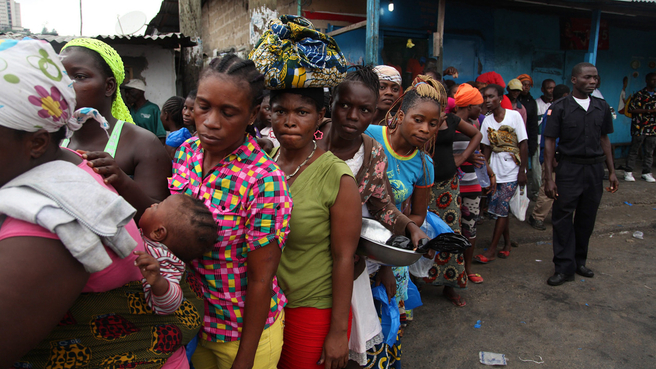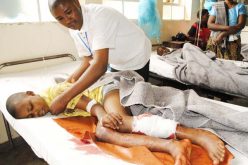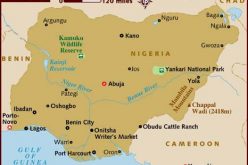Because Ebola has no cure, some people infected with the virus preferred to die at home, the WHO said on Friday in a statement.
This was especially the case in Liberia and Sierra Leone, where stigma and social rejection related to Ebola are massive.
Some West Africans continue to deny Ebola exists, while others believe isolations wards are incubators of the disease, according to the WHO.
In addition, Ebola-affected countries lacked staff, supplies and equipment, including personal protective equipment, the WHO said.
Hospital and diagnostic capacities in the region had been overwhelmed.
Numerous treatment centres and clinics had closed because medical staff had fled out of fear of being infected. In Liberia’s capital, Monrovia, and other areas virtually all health services had shut down, the WHO said.
New treatment facilities immediately fill with patients, which suggests that many more people have symptoms than are being detected by health workers, according to the WHO.
In Monrovia, an Ebola treatment centre with 20 beds, which opened last week, was immediately overwhelmed with more than 70 patients, the WHO said.
There were also “shadow-zones,” the WHO said, villages where residents resist health workers’ investigations or that cannot be accessed due to lack of staff and vehicles. Many rural villages continued to bury corpses without notifying health officials.
Senegal on Friday became the latest African country to restrict travel as a result of the Ebola outbreak, closing its borders to neighbouring Guinea.
“This measure also applies to air and maritime borders, to planes and ships coming from Guinea, Sierra Leone and Liberia,” Interior Minister Abdoulaye Daouda Diallo was quoted by the Senegalese Press Agency as saying.
Many African countries have restricted air, land and water travel in the region, causing a significant impact on the economy and on food security, according to the World Food Programme.
Senegal’s decision comes shortly after South Africa issued a travel ban for non-citizens arriving from Ebola-hit countries.
In West Africa, 1350 people have died from the outbreak so far, according the WHO, and 2473 suspected or confirmed cases have been reported in the region.
Ebola causes massive haemorrhaging and has a fatality rate of up to 90 per cent. It is transmitted through contact with blood and other body fluids.











